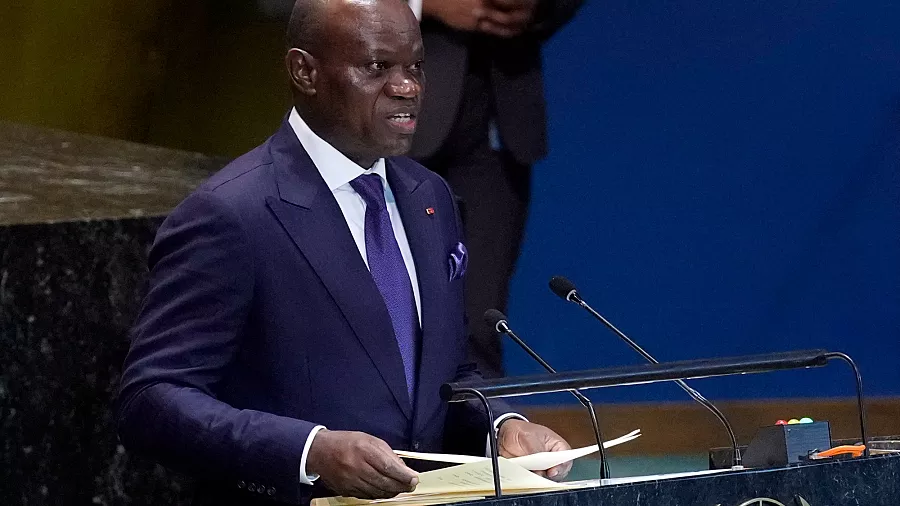
Gabonese President Brice Clotaire Oligui Nguema has unveiled plans to form his own political party, a move that signals a significant shift in the country’s evolving political landscape just two months after his landslide victory in the April 12 presidential election.
In a low-key yet symbolically charged video released on June 22, Oligui Nguema confirmed the launch of his party, inviting citizens to a large public gathering at the Palais des Sports in Libreville on Saturday, June 28.
While the party’s name has not been disclosed, the announcement marks a strategic pivot as Gabon prepares for a major overhaul of its political system.
“The universal suffrage you have granted me now requires the establishment of a political tool,” Oligui Nguema stated, surrounded by his closest advisors.
His comments underscore an ambition to transition from an independent presidency to a structured political movement capable of enacting his agenda.
The announcement comes days after Gabon’s National Assembly passed legislation—stemming from the April national dialogue—that aims to reduce the country’s political parties from more than 100 to just a few.
This reform is intended to streamline the political system and improve governance, but it also raises concerns about concentration of power.
Oligui Nguema, who campaigned as an independent and distanced himself from the long-dominant Gabonese Democratic Party (PDG), now seeks to establish a formal base of power that aligns with the new regulatory framework.
Critics, however, view the timing and intent with suspicion. Jean-Rémy Yama, a prominent opposition figure, questioned the necessity of the new party.
“This initiative was unnecessary,” he said, arguing that the president already wields vast authority under the current Constitution.
He warned that the move could merely recreate a “second PDG,” echoing the centralized power structures of the past.
As Gabon rebuilds its democratic institutions following years of political turbulence, Oligui Nguema’s party formation is likely to be seen as both a bold step toward political consolidation and a test of his commitment to inclusive governance.
Whether it becomes a genuine grassroots movement or simply a vehicle to entrench presidential power remains to be seen.



